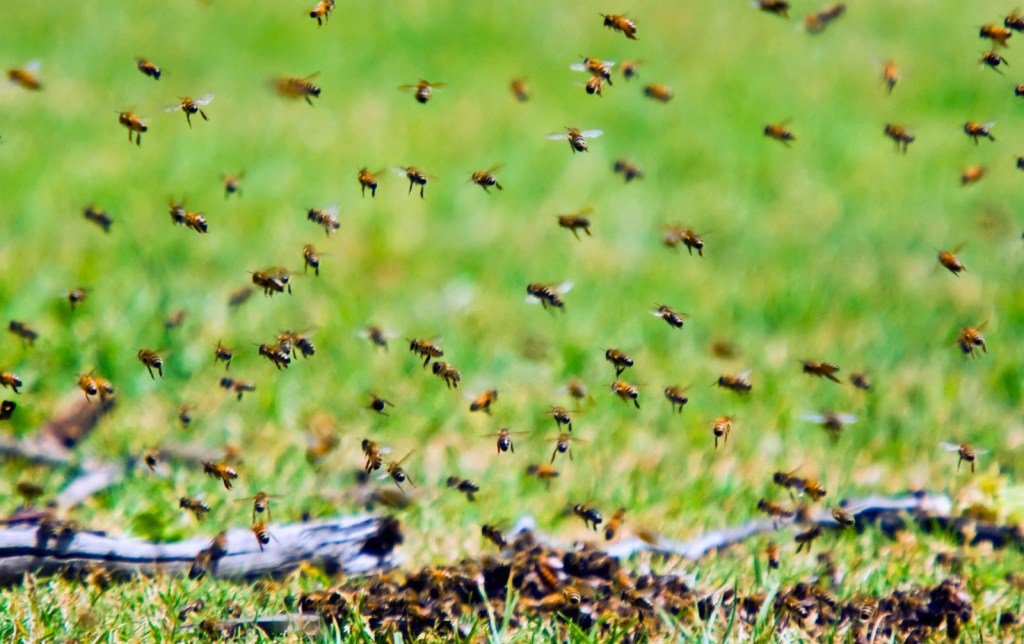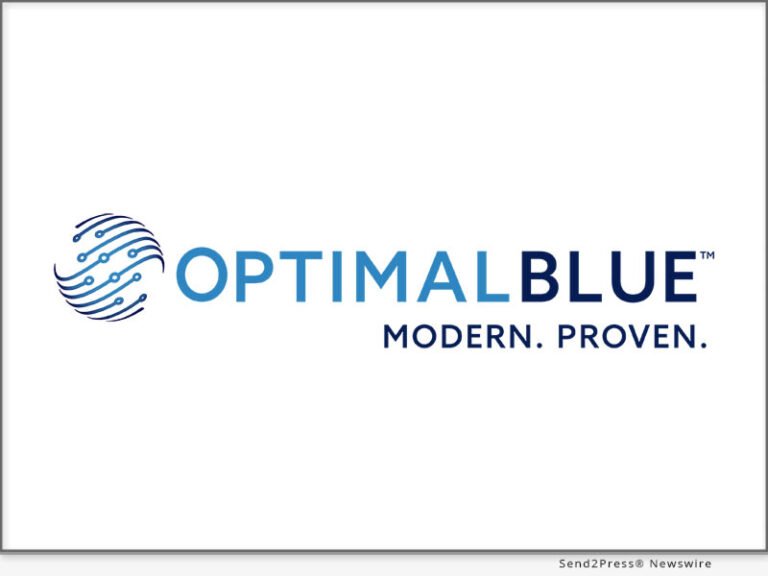Insect Science in Action: A Call to Speak Up for Entomology
Despite the environment we live in, over 75% of Americans say they trust scientists to act in the public’s best interests. For entomologists, it’s more important than ever to unite in collective action to tell the story of the work of insect science and its benefits to American society and local communities. (Photo by Paul…

By Sonny Ramaswamy, Ph.D.

Some of you have likely experienced this as you’ve traveled by airplane. I am extroverted by nature and, as we get seated, I always smile and say hello to the passenger next to me. Most acknowledge the greeting, and that would sometimes generate additional conversation, maybe about their destination or work. They’d ask me about the work I do. Years ago, when I was a practicing entomologist, I’d say, “I’m an entomologist!”
Intrigued, they would want to know what that’s all about. I would explain I am a scientist who works with insects. And that I am one of the world’s experts on insect sex! This would always get a chuckle and more questions. I would talk about insect hormones and how we could create a “birth control” method for insects. Or I’d talk about sex pheromones and mating behavior and the lures and traps that resulted from our research that are helping farmers save money and mitigating the use of insecticides. Often, people would say things like, “Wow, I never knew that!”
One thing I learned from these interactions is that people love to learn about nature and the importance of science. Despite the environment we live in, the October 2024 Pew Research Center survey suggests over 75% of Americans have a great deal or fair amount of confidence in scientists to act in the public’s best interests. That’s a whopping three-quarters of the population that trusts scientists!
So, this year, during the Entomological Society of America’s Entomology Advocacy Week 2025, August 18-22, I encourage you to join me in speaking up and speaking out about the work you do, under a simple theme: Insect Science in Action! ESA has over 6,000 members that live across the United States and around the world. Imagine if we had hundreds, if not thousands, of entomological voices speaking to the critical importance of insect science!
One great way to get engaged, like the Science Homecoming effort, is to submit an op-ed to your local hometown newspaper. (See two examples here and here.) Explain how your research impacts your communities, neighbors, friends, and families. Personalize your message by speaking in plain language about the work you do and its impacts now or in future. Use specific examples. Demonstrate the value proposition. Convey a positive and optimistic message that inspires.
The narrative style, essentially storytelling, is the most effective way to communicate about the work you do and its impacts to address the existential challenges humanity faces. Follow up with social media posts to encourage and inspire others! Use #InsectScienceInAction. Send a link to your article at esa@entsoc.org.
There are many additional ways to engage with the public! Consider giving a talk at senior and assisted living facilities, houses of worship, schools, public libraries, homeowners’ associations, county fairs, and other gathering places in your community. Alternatively, engage with your state legislators or the staff of your U.S. Senators and Representatives that are back in town for the August recess!
My experience has been that people love to learn about the science we do. As insect scientists, we have to make the effort to engage with the public. The anti-science and anti-intellectual environment, combined with fake news, conspiracy theories, and general distrust, makes it that much more imperative for us to speak to science and its value proposition. As most of you know from your knowledge of signal-to-noise ratio, there’s a lot of noise and we have to make sure our signal stands out!
The key is to make the information fun and intriguing and evoke a sense of awe. No matter if you are a graduate student or postdoc or faculty member or work in government, private sector, or nonprofit, there’s no one better to do this than us, insect scientists. The work we do in entomology impacts the lives of every person and every community. Whether it is public health or plant health or animal health or environmental health, entomologists have an impact by alleviating hunger, morbidity, and even mortality. Imagine that!
Please contact me or Erin Cadwalader, Ph.D., ESA director of strategic initiatives, if you need help or input.
Insect Science in Action: Entomology Advocacy
Below are some ideas to help entomologists engage in effective advocacy. It outlines strategies and best practices for influencing policy, mobilizing support, and communicating science.
Why Advocacy Matters
- Public support and funding are essential for foundational discoveries, translation into innovative solutions, and delivery to end users.
- Policymakers often lack direct entomological knowledge and expertise.
- Entomologists can shape science-informed policy and protect public support and funding.
Know Your Audience
- Policymakers: Need concise, relevant, district-specific information.
- Public: Can impose pressure through voting and public opinion.
- Institutions: Coordinate with your institutional leaders and government relations staff.
High-Impact Advocacy Tools
- Summarize your research impact in policy briefs and one-pagers using plain language and effective infographics.
- Include information on economic, health, or community relevance.
- Use explicit examples.
- Avoid excessive data or technical detail.
- Demonstrate value proposition.
- Convey a positive and optimistic message that inspires.
- Focus on local impact and taxpayer return on investment.
- Avoid jargon; use analogies and accessible examples.
- Emphasize shared values: health, jobs, etc.
- Be clear, concise, and personal.
- Request brief meetings with local representatives or staffers.
- Publish opinion pieces that frame insect science as essential to community well-being.
- Use social media to share your work: #InsectScienceinAction.
Institutional and Network Support
- Contact your university’s government relations office to coordinate outreach.
- Join professional societies with advocacy programs.
- Participate in Hill Day and Legislative Day events or advocacy coalitions.
Build Advocacy Skills
- Attend science policy training at your organization.
- Apply for the ESA Science Policy Fellows program.
- Practice storytelling about your science for non-expert audiences.
Sonny Ramasamy, Ph.D., recently retired after a long career in entomology at several universities as well as serving as director of the U.S. Department of Agriculture’s National Institute of Food and Agriculture under President Barack Obama and as president of the Northwest Commission on Colleges and Universities. He was named a Fellow of ESA in 2005 and an Honorary Member in 2019 and currently resides in Redmond, Washington. Email: dr.sonny.ramaswamy@outlook.com.
Related
Discover more from Entomology Today
Subscribe to get the latest posts sent to your email.







